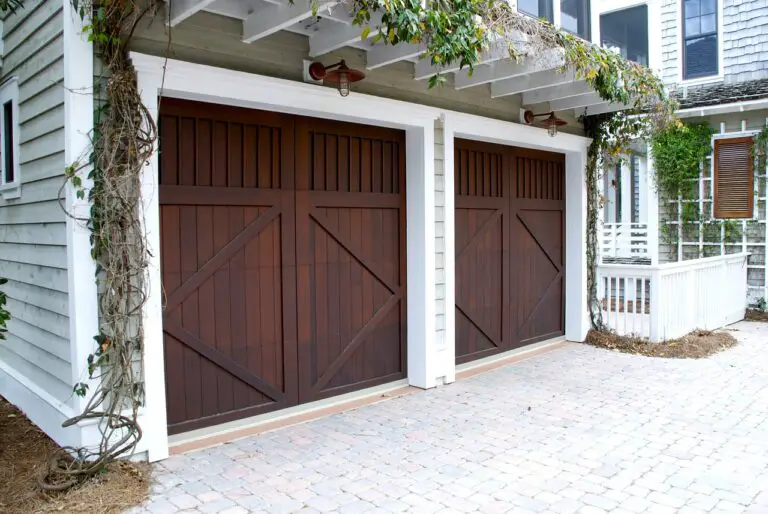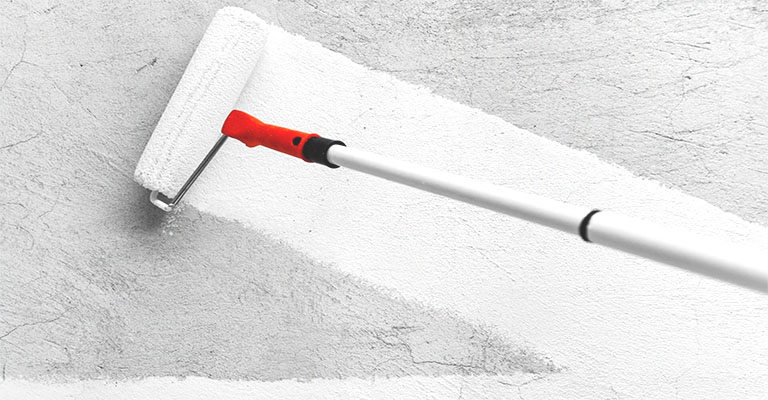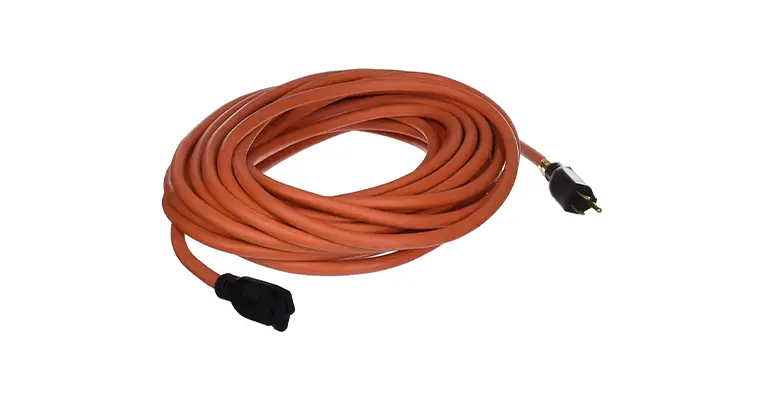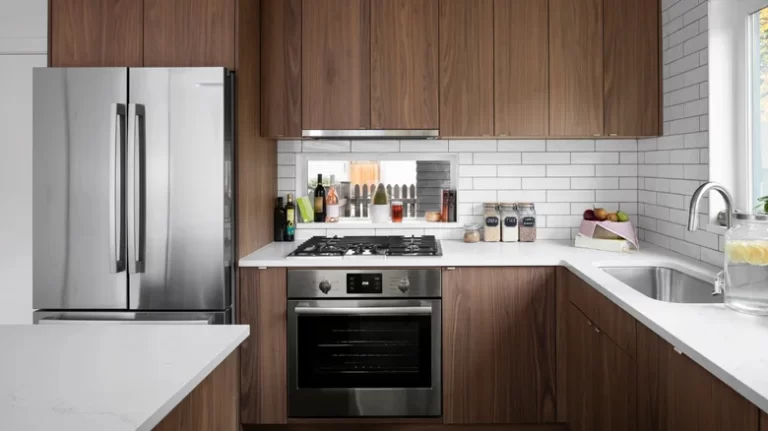Does American Home Shield Replace HVAC Units?
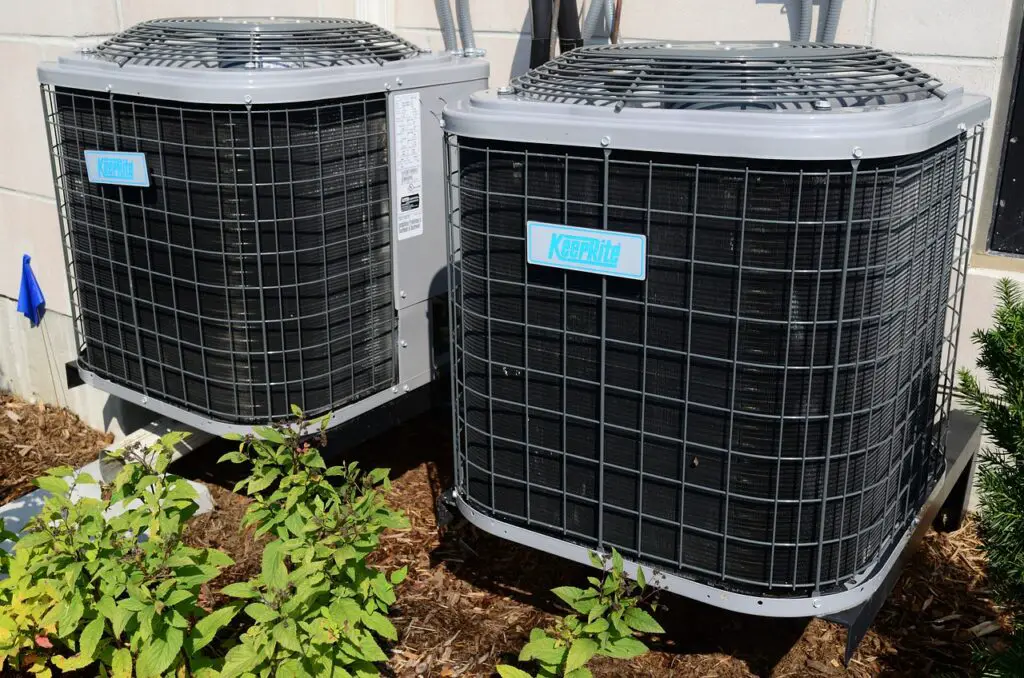
With HVAC systems playing an integral role in providing comfort in our homes, especially during extreme weather conditions, homeowners are often concerned about the potential cost and hassle of replacing these units when they break down. Consequently, many turn to home warranty companies like American Home Shield (AHS) for protection. A recurring question that arises is: does American Home Shield replace HVAC units? This article delves deep into the answer, helping homeowners understand the coverage AHS offers.
Understanding American Home Shield
Before we delve into the specifics of HVAC unit replacement under AHS, it’s essential to understand what American Home Shield is. AHS is among the leading home warranty companies in the US, offering plans that cover major appliances and system components, ensuring that if they break down due to wear and tear, homeowners won’t have to shoulder the full financial burden.
HVAC Coverage under AHS
American Home Shield provides coverage for HVAC systems under its Systems Plan and Combo Plan. The coverage typically includes:
Ducted Central Electric Split and Package Units
This encompasses both air conditioning and heating units.
Ductwork
Covers leaks and breaks in ductwork from wear and tear.
Thermostats
If your thermostat malfunctions, it’s covered.
Filters, Grills, and Registers
Standard filters and related components are also part of the coverage.
However, just like any other warranty or insurance policy, certain terms and conditions apply.
Does AHS Replace HVAC Units?
The answer is both yes and no. Here’s the breakdown:
1. Repair First: When an HVAC unit covered under AHS malfunctions, the first course of action is to repair it. AHS will dispatch a service contractor to diagnose and fix the issue. If the unit can be repaired, it will be, and the homeowner may only be responsible for the trade service call fee (which varies based on the specific terms of your contract).
2. Replacement: If the service contractor determines that the HVAC unit is irreparable or that fixing it would be more costly than replacing it, AHS may approve a replacement. However, there are caveats:
- Caps on Coverage: AHS has certain limits on how much they will pay out for a replacement. For instance, if an HVAC unit costs $5,000 to replace but the AHS policy has a cap of $1,500 for HVAC replacements, the homeowner will be responsible for the $3,500 difference.
- Equivalent Replacement: AHS may not replace your old HVAC system with the latest model. Instead, they aim to provide a system with similar functionality and capacity.
3. Exclusions: It’s vital to read the fine print. Not every issue with an HVAC system will be covered. For instance, if a malfunction is due to a pre-existing condition, improper maintenance, or factors like mold and pests, the claim might be denied.
Is AHS Coverage Worth It for HVAC Units?
Deciding whether to invest in an American Home Shield plan for your HVAC system boils down to individual circumstances. If you own an older home with aging systems, AHS can offer peace of mind, potentially saving you thousands of dollars. On the other hand, if your HVAC unit is relatively new and under manufacturer’s warranty, an additional AHS plan might be redundant.
Factors to Consider Before Choosing AHS for HVAC Coverage
When deliberating on the value of an American Home Shield warranty for HVAC coverage, here are some factors every homeowner should weigh:
Geographical Location
If you reside in an area with extreme weather conditions, having a functional HVAC system is not just about comfort—it’s a necessity. In such regions, an AHS warranty might be a wise investment.
Cost of Repairs and Replacement
Before purchasing a warranty, it’s useful to research the average cost of HVAC repairs and replacements in your vicinity. If these costs are significantly high, the monthly or annual premium for an AHS plan might seem like a small price to pay for the potential savings.
Deductibles and Trade Service Call Fees
AHS charges a trade service call fee each time a technician is dispatched. The amount depends on your plan’s specifics. Ensure you factor in these fees when calculating potential savings.
Customer Reviews and Testimonials
It’s always advisable to consult user reviews and testimonials. They can provide insights into the efficiency and reliability of the AHS claim process, the quality of the contractors in their network, and the overall satisfaction of homeowners who’ve had HVAC issues.
The Age and Make of Your HVAC System
If your system is relatively new, it might still be under the manufacturer’s warranty, which often covers repairs and replacements for a certain period. Conversely, older systems, especially those nearing the end of their average lifespan (typically 15-20 years for HVAC units), might benefit more from an AHS warranty.
Other Players in the Market
While American Home Shield is undeniably a significant player in the home warranty sector, there are several other companies offering similar services. Some might have better coverage limits, more flexibility in terms of service providers, or even lower premiums. As with any significant decision, it’s essential to shop around, compare, and contrast before settling on a home warranty provider.
Final Thoughts
Navigating the HVAC replacement cost, especially for essential components like air conditioners and heating units, can be a significant concern for many homeowners. “Will American Home Shield help in these challenging times?” is a question many ask. While this leading home warranty company often steps up to address service requests, it’s crucial to remember the service fee and the potential exclusions, like claims stemming from poor maintenance. Major home systems, including well air conditioners and heat pumps, are typically covered, but understanding the specifics is vital for homeowners.
Diving into an American Home Shield review or two can shed light on real customer experiences, providing a clearer picture of what to expect when partnering with them. It’s essential to grasp that while warranties can ease the financial burden, the relationship with any home warranty company should be built on understanding their terms and policies, ensuring that when the heating unit falters or the air conditioner fails, the homeowner is well-prepared and informed.

